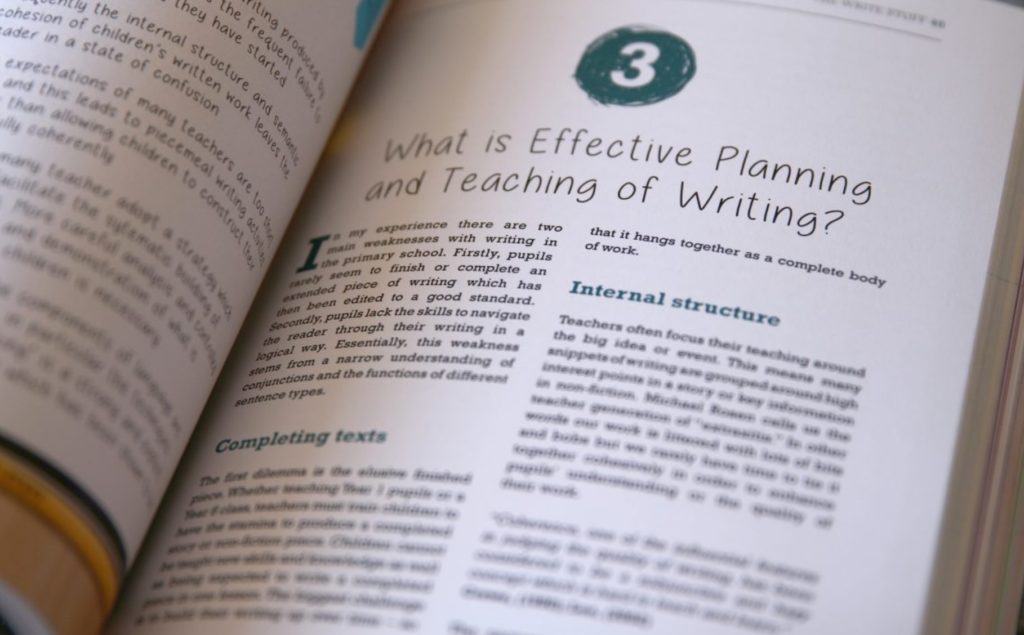Language rules introduced to curb immigration are set to be relaxed after they prevented native English-speaking nurses from working in the NHS.
The NHS has a shortage of 40,000 nurses and recruiters and NHS employers have been lobbying for looser language requirements so that thousands of nurses from countries such as Australia, India and the Philippines can work in Britain.
In June, the Observer uncovered evidence that Australians and other native English-speaking nurses were being turned down because they could not pass the International English Language Testing System test. Now the Nursing and Midwifery Council will consider a measure on Wednesday to allow other measures such as the Occupational English Test.
Nurses with a recent qualification that was taught in English and nurses who have worked for two years in a country where English is the native language would also qualify. If patient organisations and NHS bodies also agree to the proposals, the changes could be introduced next month.
In 2016 the government forced all public sector bodies to introduce strict tests for new employees. Matthew Hancock, then the Cabinet Office minister, said tests were necessary to control immigration “for the benefit of all hard-working people”. As a result the NMC brought in the IELTS test, but it led to a dramatic drop in foreign nurses registering in the UK, from 1,304 EU nurses in July 2016 to just 46 in April this year.
Recruitment firms such as HCL said that many English-speaking nurses struggled with the written part of IELTS – an essay-based exam. Candidates need to score at least seven out of nine in each of four sections.
The NMC is still looking at whether or not it should reduce the required minimum score.
Teresa Wilson, HCL’s international operations manager, said research showed the two main reasons for failing IELTS were “incorrect tenses and essay structure”.
“These are hardly issues that should preclude a skilled nurse from fulfilling a nursing role effectively,” she said. “The current system is suffocating the vital supply of highly skilled foreign nurses who want to work in our NHS.”
This article was first published in The Guardian on 24th September 2017.
If you are a health worker who wants help with their IELTS exam check out the courses page here








